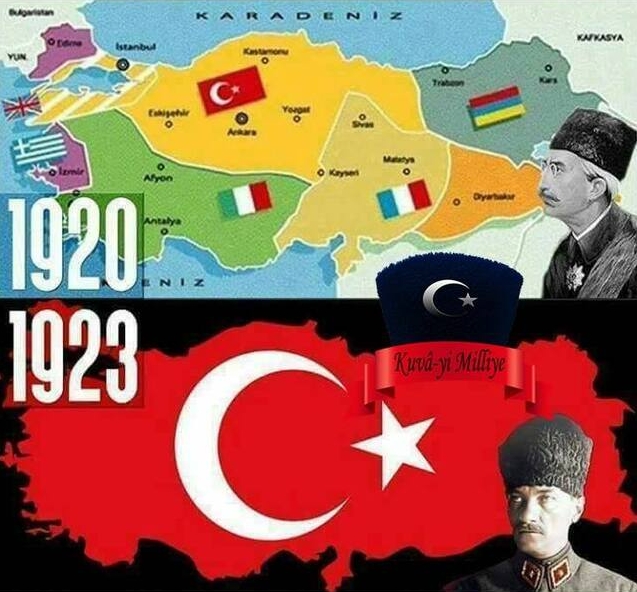The visit of Turkish President Recep Tayyip Erdogan to his Ukrainian counterpart Volodymyr Zelensky in Lviv this week is significant at the center of global and regional politics. This is understandable, as they discussed, together with UN Secretary General António Guterres, issues that affect tens, if not hundreds, of millions of people in numerous countries.
In particular, they discussed the problems of ensuring the unimpeded delivery of Ukrainian food aid by sea, without which tens of millions of people in the Middle East and North Africa could become victims of famine. Another pressing issue is the security of the Zaporizhzhia nuclear power plant, which is located in the conflict zone. Without proper security, tens of millions of people on the European continent could be affected by radiation contamination.
Of course, the question of the prospects for ending the Russian-Ukrainian war could not be ignored. In this regard, the Turkish president showed his characteristic maneuverability. On the one hand, he assured Ukraine of support for its independence and territorial integrity, and on the other, he expressed hope that «the war will eventually end at the negotiating table.»
There is no doubt that wars in recent history usually end in negotiations and peace. The question is how they end. The recent history of Turkey itself teaches us that this is not a matter of indifference.
For example, the Treaty of Sèvres, which was signed in 1920, was also intended to end a bloody war. From this point of view, the Turks, who had been exhausted by it like few others, should have been happy about it. But, as we know, this was not the case. On the contrary, Turkish patriots led by Mustafa Kemal (yes, he acted as a patriot at that time, while what he did after coming to power is another story) rebelled against the Ottoman authorities who signed this treaty and continued the war against external enemies until they reached the Treaty of Lausanne in 1923, which suited them.
«Why continue the war for three more years just to sign a peace treaty?» — is a question that may come to mind. The answer lies in the two maps shown in the photo above. The upper one shows how Turkey would have looked if the Treaty of Sèvres had been respected, and the lower one shows how it looks now, thanks to its rejection by Turkish patriots who fought for three more years to achieve peace on terms acceptable to themselves.
So, coming back to the question of Turkey’s desire to contribute to peace between Russia and Ukraine, it must be said that the peace Russia would agree to now would inevitably become an analog of the Treaty of Sèvres for Ukraine. This would have far-reaching consequences not only for Ukraine as a country, but also for the relationship between its government and its patriots, who would not accept such a peace.
Would it be right for Turkey, which has also rejected such a peace for itself, to propose it to Ukraine? It is a rhetorical question. It seems that Ukrainian society and government are determined to fight until they achieve peace on terms acceptable to them.

